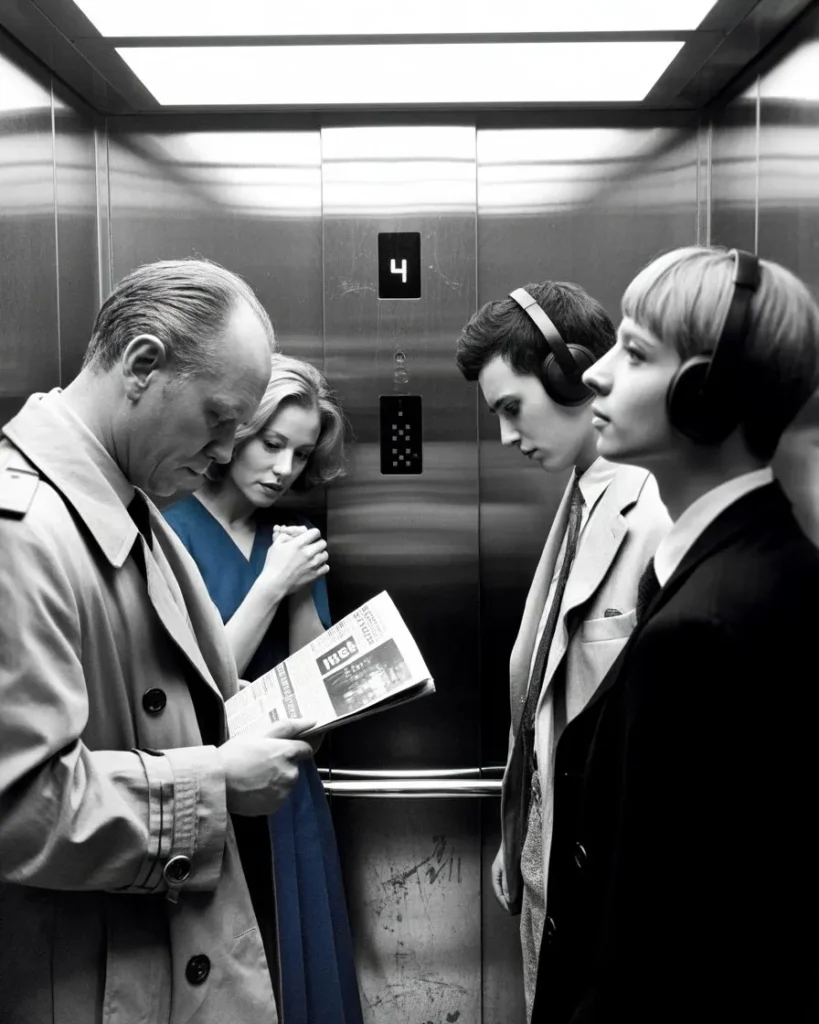We live in a world where every effect follows its cause like shadow follows light, yet we spend our lives believing in timeless entities that somehow affect our temporal world. This is the fundamental paradox that challenges everything from religion to physics.
Think about it: every religious tradition speaks of eternal gods who intervene in temporal affairs. Every mathematical truth exists timelessly yet somehow governs physical processes. We believe in abstract principles like justice or love that transcend any particular moment, yet shape every moment we experience.
But here’s the problem that keeps philosophers awake at night—if causation requires one thing to happen before another, how can anything timeless cause anything at all in our temporal world?
You strike a match, then fire appears. You plant a seed, then a flower grows. Cause precedes effect in the dance of time. This sequence feels so fundamental to reality that we can barely imagine causation working any other way. Yet most of our deepest beliefs depend on timeless entities somehow reaching into our temporal world to make things happen.
God, according to most traditions, exists outside time but creates and sustains the universe moment by moment. Numbers don’t exist at any particular time, yet mathematical laws cause physical events with clockwork precision. Moral principles aren’t located in history, yet they supposedly compel us to act in specific ways across all of history.
The traditional escape route suggests that timeless causes work differently—they don’t precede their effects but exist simultaneously with them in some eternal “now.” Like how a foundation doesn’t come before a building temporally but supports it structurally, timeless entities sustain their effects through logical rather than temporal priority in our temporal world.
But this creates an even stranger puzzle. If something truly exists outside time, it cannot change, respond, or act in the ways we normally associate with causing things. An unchanging entity, by definition, cannot bring about change. A being with no temporal dimension cannot decide, choose, or intervene at particular moments.
Modern physics adds another twist. If Einstein was right and time is just another dimension like space, then perhaps all causation is ultimately timeless—just relationships between events in four-dimensional spacetime. What we experience as temporal sequence might be an illusion created by our limited perspective moving through this frozen block universe.
This leads to a profound question: Are we temporal beings trying to understand how timeless entities interact with our temporal world, or are we timeless beings experiencing the illusion of temporal sequence?
Maybe causation itself isn’t what we thought it was. Perhaps what we call “causing” is really just one event making another event inevitable, regardless of temporal order. The relationship between mathematical truths and physical events might provide the model—seven plus five equals twelve not because the equation precedes the result in time, but because the relationship is logically necessary.
Or perhaps we need to abandon either timeless entities or temporal causation. Either nothing truly exists outside time, or causation doesn’t require temporal sequence. We cannot have both without contradiction when considering our temporal world.
The deepest possibility is that our entire framework is wrong. We think in terms of separate entities somehow reaching across the divide between time and eternity. But what if time and eternity are not separate realms but different aspects of the same reality? What if timeless entities don’t cause temporal events from the outside but are the eternal dimension of those very events in our temporal world?
When you experience love, you might be touching something truly timeless—not because love exists in some heavenly realm beyond time, but because the love you feel participates in an eternal pattern that transcends any particular moment while being fully present in every moment.
We are time-bound creatures grasping for the eternal, and eternal beings expressing ourselves in time. The paradox of how timeless entities affect our temporal world might be pointing to something more fundamental—that time and eternity are not enemies but partners in the deepest dance of existence.
Perhaps we cannot solve this paradox because we are living inside it. We are the place where eternity meets time, where the timeless touches the temporal, where causation transcends the categories we use to understand the relationship between timeless entities and our temporal world.
About the Writer
I'm Hayder — I write essays on memory, grief, and identity. No advice. No answers. Just the parts of being human we feel but rarely say out loud.


